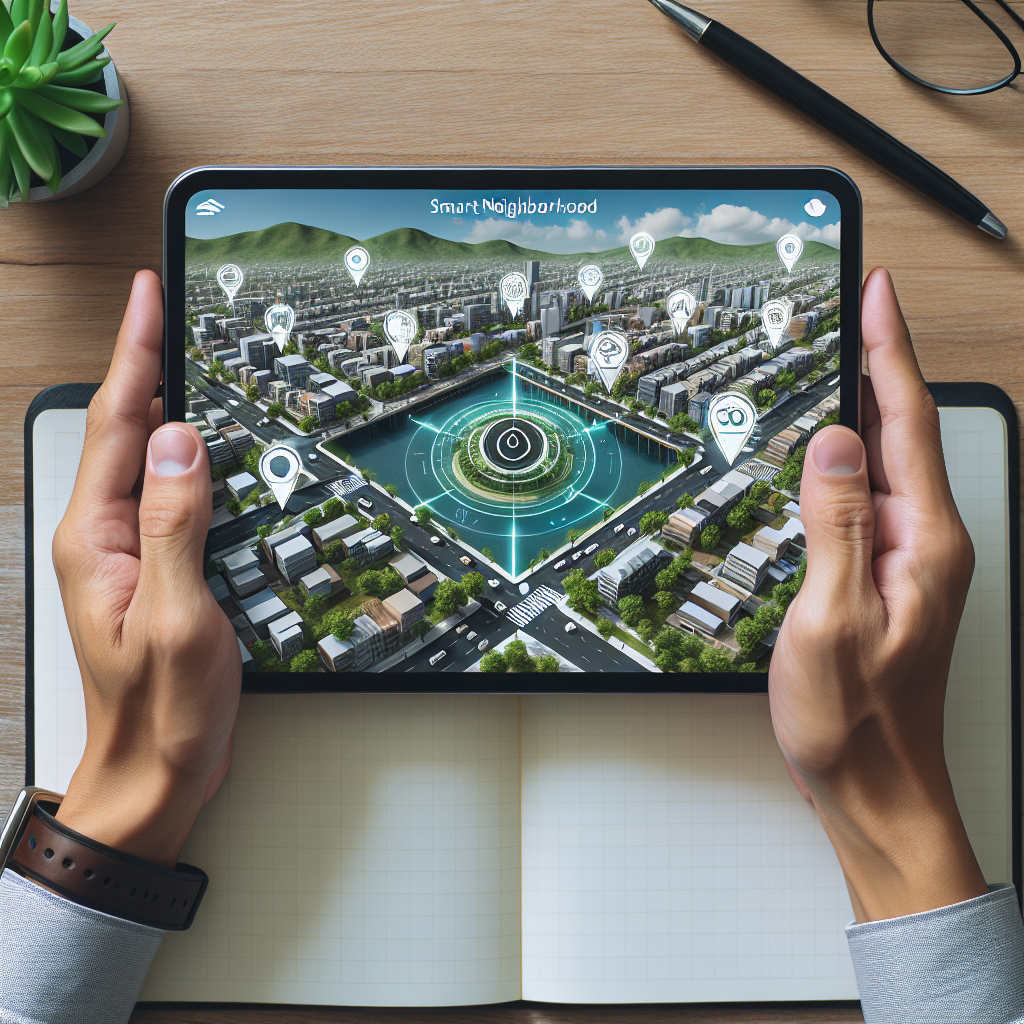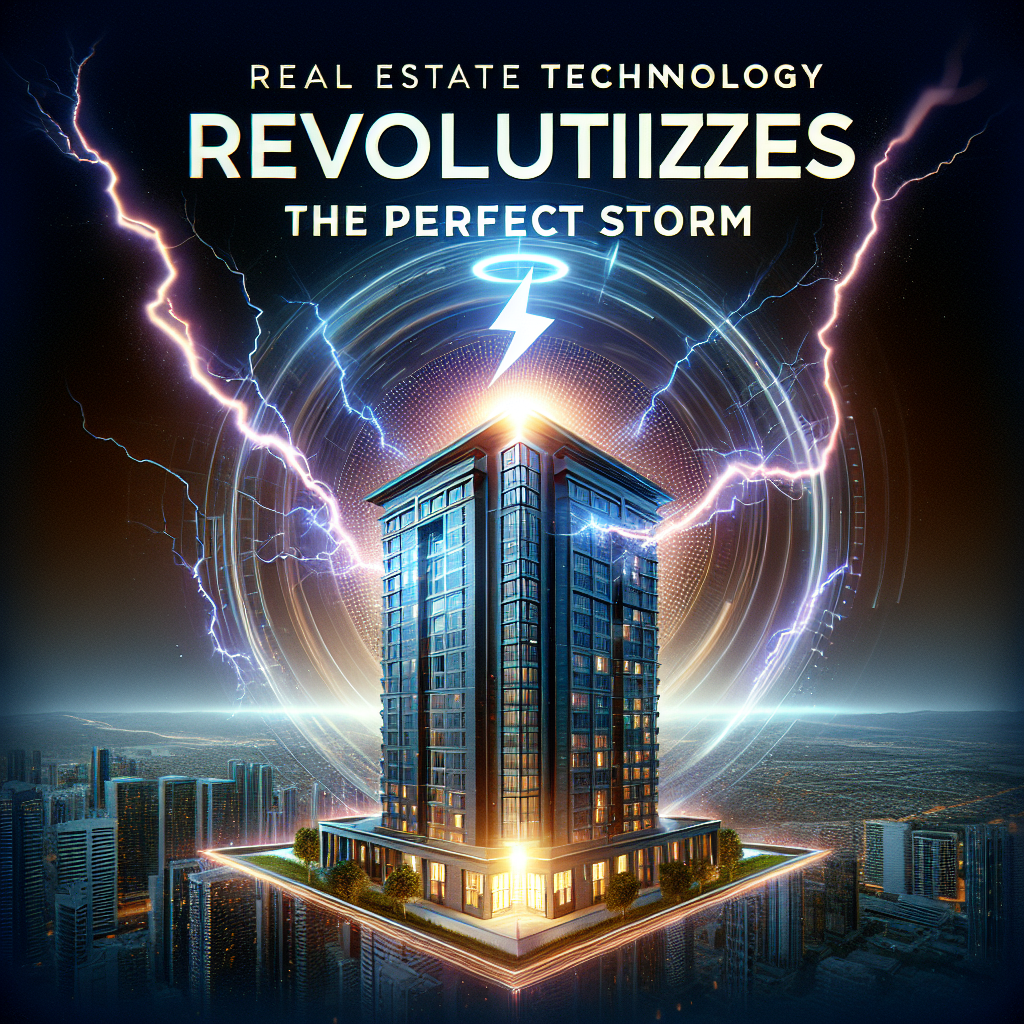The tech revolution in real estate is a tempest sweeping across our urban landscapes. Now, it’s intersecting with one unexpected sector – public health. This narrative examines just how this digital windstorm is shaping not only the way we live but also how we perceive and value our health.
1. Trend Overview
In what can be considered ‘The Perfect Storm,’ emerging technologies in artificial intelligence (AI), blockchain, and virtual reality are reconstructing the global real estate landscape. Yet these advancements carry potential implications for public health that demand closer scrutiny.
2. Social Context
Society relies profoundly on technology; its influence pervades every aspect of day-to-day life – including where and how we choose to live. As high-tech home solutions gain traction, questions arise about their impact on mental wellbeing, physical fitness, air quality control among others.

3. Key Influencers
Certain key players- Google’s Sidewalk Labs with its data-driven neighborhood planning or Tesla’s ambitious solar houses – are redefining living standards while potentially impacting lifestyle diseases.
4. Consumer Response
Ambivalence characterizes consumer response so far; excitement at technologically optimized living clashes against nagging worries about privacy invasions or ultraviolet radiation from smart devices.
5. Industry Impact
The property market reels under this technological onslaught as it struggles to reconcile profitability with its increasingly important role in ensuring societal health equity.

6. Cultural Significance
The cultural import of this trend lies in how it repositions health as more than just a personal concern; it is evolving into a critical factor influencing housing choices and community design considerations.
7. Future Projections
Down the line, we foresee AI-powered homes becoming commonplace commodities – decisions determined by algorithms may dictate residential real estate purchases based on individual health profiles or anticipated healthcare needs.
8. Expert Opinions
‘The interplay between technology, real estate and public health will redefine tomorrow’s urban landscapes,’ opines Dr.Jane Smith, Public Health Zoning Officer for New York City. She encourages current property developers to embrace their new-found role as shapers of public wellbeing.
Anecdotal evidence from residents like Mary Jones- living with Type II diabetes – illustrates how her smart home’s air quality monitoring systems helped manage her condition effectively.

